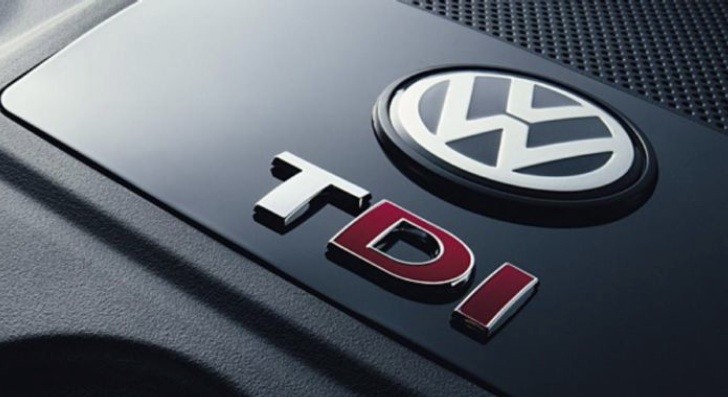You probably heard about soot-emitting diesel engines and how they are a serious health risk now. They are way too many out there, especially in Europe, and they increase the lung cancer risks. There are even plans to get rid of them in around 10 to 20 years completely, but a new study says newer versions are no threat.
Boston-based Health Effects Institute (HEI) conducted the independent study of new technology diesel engine to find out whether the new units achieved the expected emissions reductions to improve air quality as well as whether they represent high health risks.
You’ll be surprised to hear, but the study has revealed that new-age diesel exhaust does not increase the risk of lung cancer or other significant health damaging effects in animals study.
“The significance of this study and its conclusions cannot be overstated,” said Allen Schaeffer, the Executive Director of the Diesel Technology Forum. “The results of this new study verify the environmental benefits of the new clean diesel technology, which have near-zero emissions for nitrogen oxides (NOx), hydrocarbons (HC) and particulate matter (PM). And while this study focused on heavy duty truck emissions, the new clean diesel technology has the potential for impacting all sectors, including passenger cars, agriculture, construction, maritime and transportation.”
Yeah, sounds great, but lets not forget that any malfunctions a diesel may develop, will affect its emissions, starting with soot deposits on the EGR valve or in the diesel particulate filter because people tend to use the cars mostly in city traffic which is not enough for the engine to reach optimum temperatures and burn away the soot and other emissions.
You’ll be surprised to hear, but the study has revealed that new-age diesel exhaust does not increase the risk of lung cancer or other significant health damaging effects in animals study.
“The significance of this study and its conclusions cannot be overstated,” said Allen Schaeffer, the Executive Director of the Diesel Technology Forum. “The results of this new study verify the environmental benefits of the new clean diesel technology, which have near-zero emissions for nitrogen oxides (NOx), hydrocarbons (HC) and particulate matter (PM). And while this study focused on heavy duty truck emissions, the new clean diesel technology has the potential for impacting all sectors, including passenger cars, agriculture, construction, maritime and transportation.”
Yeah, sounds great, but lets not forget that any malfunctions a diesel may develop, will affect its emissions, starting with soot deposits on the EGR valve or in the diesel particulate filter because people tend to use the cars mostly in city traffic which is not enough for the engine to reach optimum temperatures and burn away the soot and other emissions.
